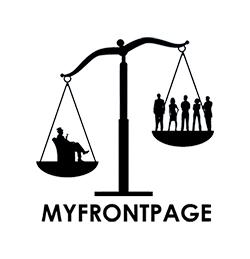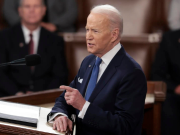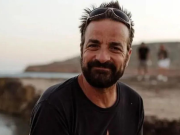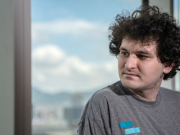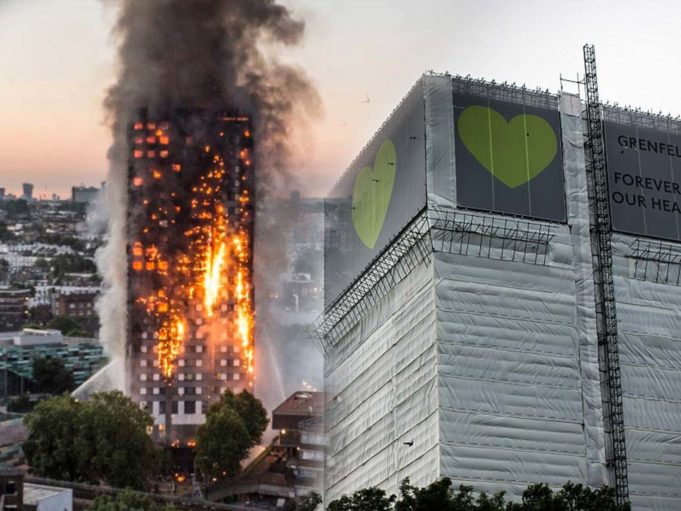Several contractors and executives who are involved in the refurbishment of Grenfell Tower in London are scheduled to appear in court for possible fraud and conspiracy charges.
Sir Martin Moore-Bick, the chairman of the public inquiry, has reportedly told Attorney General Geoffrey Cox that the witnesses will more likely be asked to discuss issues involving fraud offenses in the upcoming hearings about the marketing of the combustible cladding and insulation.
On June 14, 2017, the 24-storey Grenfell Tower was destroyed by fire and left 72 people killed and 70 others injured. This tragedy was regarded as one of the UK’s worst fires.
Reports showed that the fire broke out in the kitchen on the fourth floor and spread rapidly to the building’s exterior due to the cladding which has polyethylene material; external insulation; and the air gap between which enabled the stack effect.
The inquiry had already heard evidence that the company that made the combustible insulation affirmed that its products shouldn’t be used behind cladding panels because these are fire-prone. Further, the cladding manufacturer was also found to have previously considered that the panels used on Grenfell Tower were “not suitable for use on building facades.”
It was also decided that witnesses could be held liable under the Health and Safety at Work Act and in some cases be charged with manslaughter or corporate manslaughter, reports said.
The second phase of the investigation, that was postponed on January 30 following the requests of contractors, architects and landlords to invoke protection against self-incrimination, is expected to resume by February 24.
“Any questions put to employees of the manufacturers or sellers of the cladding materials about how they came to market potentially dangerous products are likely to lead to their invoking the privilege against self-incrimination,” said Moore-Bick who noted that the possibility of fraud charges would not be used against the witnesses for criminal proceedings.
But the retired appeal court judge assured the dismayed bereaved and survivors that this undertaking of not using oral evidence to send people to jail will not hamper any criminal prosecution.
“Given the vast volume of documentary evidence and witness statements already available to the police, any admissions or inconsistent statements, although a potential bonus, are unlikely to provide the foundation for a decision to prosecute,” he said.


